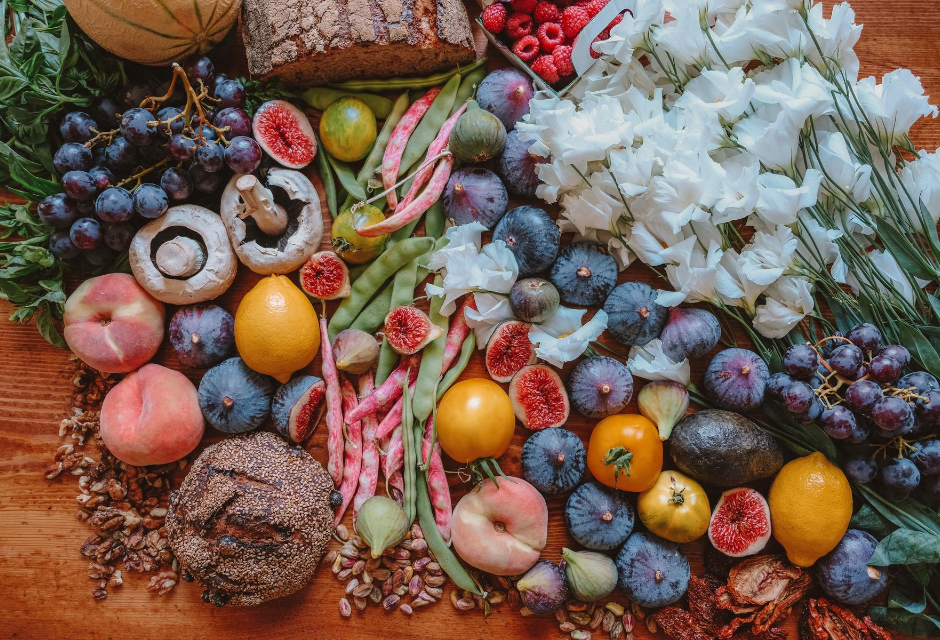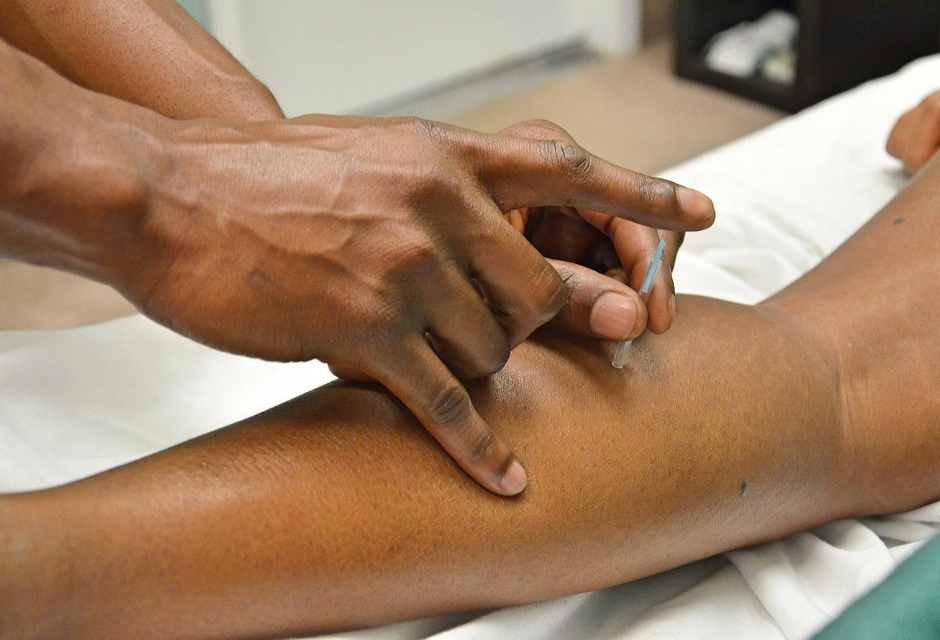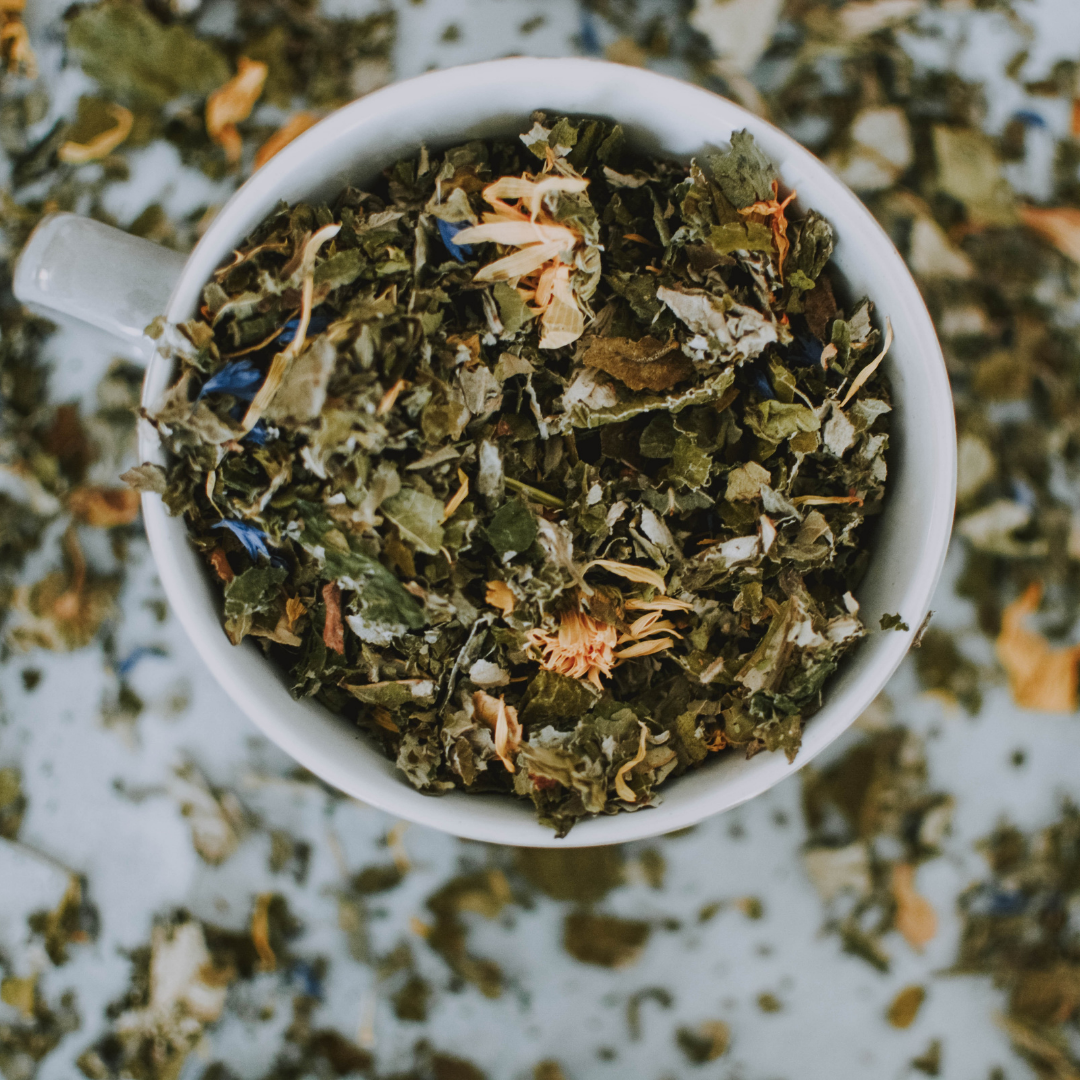The main aim of traditional Chinese medicine is to prevent diseases. One of the best ways to prevent diseases is by incorporating certain herbs and even mushrooms into your routine that fortify the immune system and the wei qi that protects the body against pathogens. Certain traditional Chinese herbs are exceptional at tonifying wei qi and boosting the immune system.

10 Traditional Chinese Herbs and Mushrooms for a Better Immune System
Cordyceps
Cordyceps is a mushroom that is acclaimed for aiding the immune system by increasing the number of lymphocytes (a kind of white blood cell) in the body. Cordyceps has also been attributed to boosting the production of interleukin (a glycoprotein produced by white blood cells that regulate immune response) and interferon (a protein that is released when a virus enters the body, which inhibits virus replication). Additionally, cordyceps has strengthening properties for the kidney, lungs, and allergic relief.
Cordyceps can be taken as a supplement, most commonly in capsule form. Dosage and frequency should be prescribed by a TCM doctor or herbalist.
Ginseng
Ginseng is a known immune system modulator. This root is a fantastic antioxidant (a substance that protects our cells against free radicals, which can cause disease). It also possesses anti-inflammatory effects (it blocks substances that cause inflammation, also known as swelling and pain in the body). Ginseng improves the body’s resistance to microbial attacks.
Ginseng can be taken as a supplement, in oral liquid, tea, or as a capsule.
Rose Flower & Rose Buds
Rose buds are extremely high in vitamin C, which boosts the immune system naturally by enhancing production of interferons, boosting function of phagocytes (a kind of white blood cell), and by supporting the cellular immune response (a response that attacks foreign agents in the body). The traditional Chinese medicinal use of rose buds is for its warming effect. TCM diets balance warming and cooling effects to achieve optimal balance of energy in the body, which in turn improves the immune system.
Rose can be taken as a supplement, most traditionally as a tea.

Reishi (Ganoderma)
The reishi mushroom, also known as ganoderma, works to increase the number of white blood cells (WBC) the body produces, which in turn fight off pathogens. Specifically, reishi boosts production of monocytes (WBC that fights infection and helps remove dead and damaged tissue), macrophages (cells that detect and destroy bacteria), and T-lymphocytes (responsible for killing infected host cells and activating other immune cells). Generally speaking, reishi helps lower inflammation, which also helps the immune system fight off attack.
Reishi can be taken as a supplement, in capsule or tea form.
Astragalus
The astragalus root is one of TCM’s favorite supplements to help specific and nonspecific immunity (immune response that is tailored to specific pathogens versus that which repels all microorganisms). Astragalus also boosts the production of white blood cells. Taking astragalus is considered to be akin to building a protective wall around the body, by TCM herbalists.
Astragalus can be taken as a supplement, in tea form or as an herb in soup.
Chrysanthemum Flowers
This cooling herb is known in TCM for its antimicrobial properties, which is an important component of our immune systems.
Chrysanthemum can be taken as a supplement, in soup form is our favorite.

Ginger
Ginger is a soothing root, which can boost the activation of the immune system through its natural antioxidant properties. Ginger also prevents inflammation and work against other kinds of infection, as well as soothing sore throats, upset stomachs, and constipation.
Ginger can be taken as a part of your diet, as well as a supplement in capsule or tea form.
Garlic
Garlic is known even outside of traditional Chinese medicine for its amazing characteristics, which include being antibacterial, antiviral, antifungal, and anti-inflammatory. This is mostly due to allicin, which is found in raw garlic, but not in cooked.
Raw garlic can be added to your diet.
Echinacea
Echinacea flower is an incredible herb that can be found in traditional Chinese medicine, as well as Native American medicine. This herb is high in antioxidants, has anti-inflammatory properties, and helps the body recover faster from illness.
Echinacea can be taken as a supplement, in the form of capsules, teas, and tinctures.
Papaya
Papaya has so many amazing vitamins that it looks like the ingredient list on a complete vitamin capsule. These include vitamin A, vitamin B, vitamin C, vitamin K, as well as magnesium, potassium, iron, and folate, which all contribute to a better immune system and overall health. It’s considered a superfood with anti-inflammatory effects and antioxidants.

Papaya can be added to your diet, as well as taken as a supplement, most often in herbal tea.




Leave a comment
All comments are moderated before being published.
This site is protected by hCaptcha and the hCaptcha Privacy Policy and Terms of Service apply.